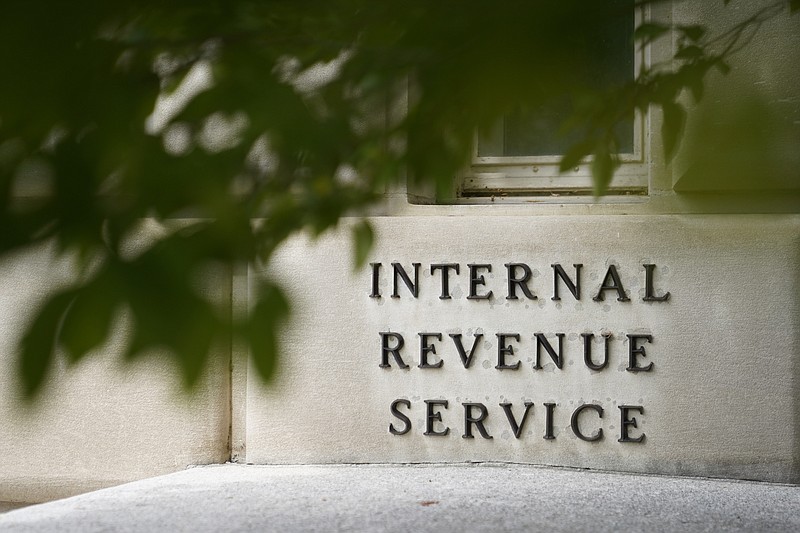April 15 is universally disliked except maybe by the accounting firms that many of us pay to file our taxes. The complexity of the paperwork, the changes, and obscure requirements can lead to our brains oozing out our ears. There are multiple levels of income with different tax percentages along the minimum tax which prompted a journalist covering U.S. tax policy for the Wall Street Journal to tweet, "How much tax could a min tax tax if a min tax could tax tax?
The amount of paperwork is ridiculous, creating a backlog at the IRS since its funding was cut for the enforcement of the tax law, letting many rich folks off the hook. I wondered at Biden's latest proposal to reduce paperwork by permanently authorizing work-to-home transportation for the IRS commissioner. But it turns out the issue isn't about less paperwork for travel expenses. It's about ongoing security for the IRS commissioner who's safety is at risk from the public's anger.
Yet, the anger from Republicans centers on how more than half of Americans do not pay federal income tax. Keep in mind that only 19% of American taxpayers pay neither payroll nor federal income taxes, but may pay state and local taxes. Yet, Rick Scott, R-Fla., is demanding that more people pay federal taxes and calls for all Americans to pay at least $100 in income taxes. More than 80% of the increase would be paid by households making under $54,000. Scott denies raising taxes on lower income folks saying, "I don't believe in tax increases." Given the GOP's supposed concern for working people, they may want to rethink his position, especially given our growing wealth gap.
The wealthiest 400 households in America have a net worth ranging from $2.1 billion to $160 billion. Yet their tax rate is super low because capital gains on assets like stocks and businesses don't appear on their income tax returns. What else should we expect from a tax code that is shaped by the ultrawealthy, for the ultrawealthy? And it's no surprise that our tax code promotes racial economic disparities, given that such assets are rarely owned by families of color in disadvantaged neighborhoods.
As some object to making multi-billionaires pay "their fair share," investigative journalists at ProPublic shared how Jeff Bezos, former president and CEO of Amazon, paid no taxes in 2007 on his $46 million in income. He was able to offset the entire amount with losses from side investments and deductions, like interest expenses on debts and "other expenses." Bezos earned $18 billion in 2011, but he not only didn't pay any income tax, but received a $4,000 tax credit for his children. While his wealth increased by $127 billion between 2006 to 2018, Bezos paid at a rate of only 1.1% on the rise in his wealth.
Congress is currently debating taxing the ultrawealthy. Including taxing the gains of ultrawealthy people as they accrue. I'm doubtful this will pass because taxes are as much about politics and power as about money. A decade ago, Nobel Prize-winning economist Joseph Stiglitz wrote about how the wealth gap was set into motion by years of policy decisions by the wealthy minority and made worse during the 2007-2008 global financial crisis. Stiglitz says it's even worse now.
We should undo the tax code's ultrawealthy preference. Thanks to ProPublica revealing the tax situation of Bezos and fellow multi-billionaires, we now clearly see the sideways reality of such influence. Threatening the IRS commissioner is pointless. Instead, demand that our elected officials revise the tax code's ultrawealthy slant. Immediately!
Contact Deborah Levine, an author, trainer/coach and editor of the American Diversity Report, at deborah@diversityreport.com.
